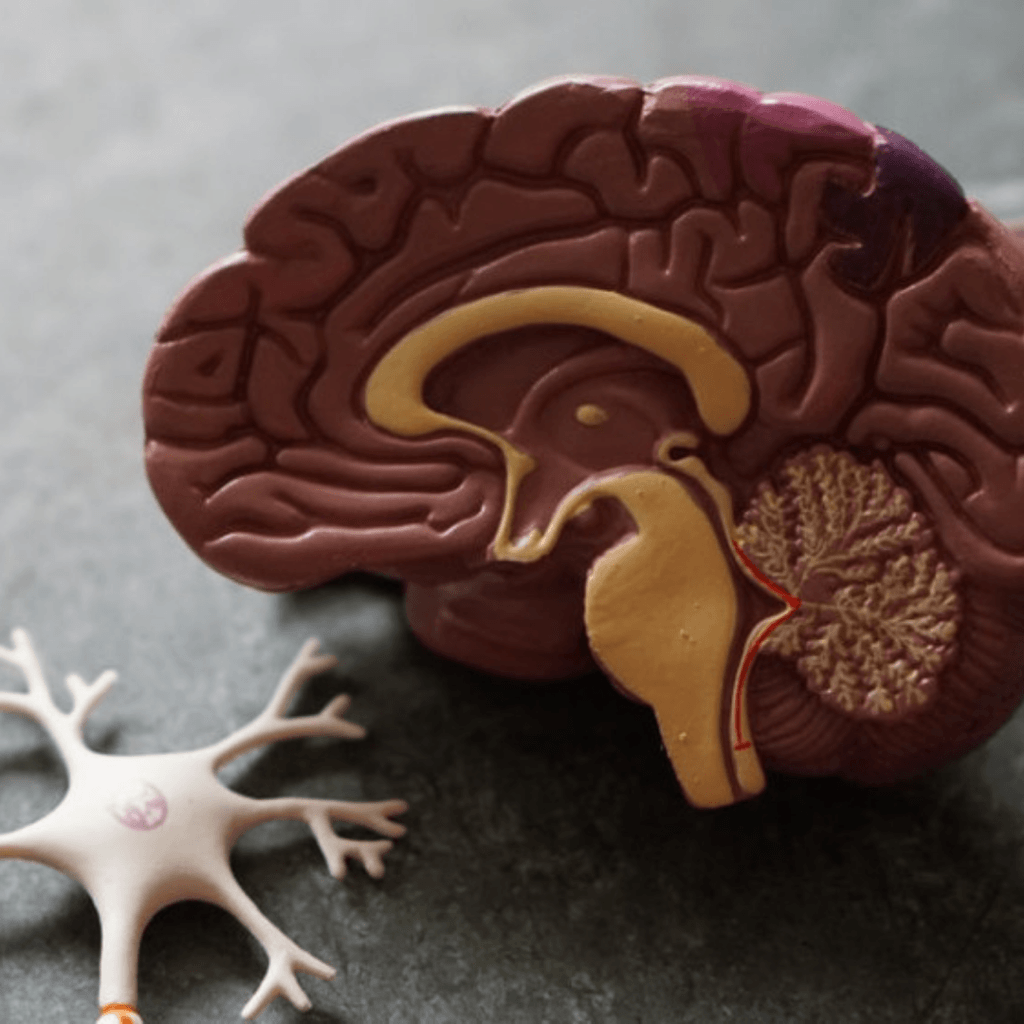
Executive functioning and self-regulation skills are what our brains control in our daily activities such as thinking, planning, self-regulation and organizational skills. Executive functioning skills rely on the brain’s working memory, mental flexibility and self-control. We are not born with these skills. Rather, we develop them as we grow up. Therefore, children need to be given opportunities to develop these skills.
Some parents realized their child struggles to transition from kindergarten to primary school. Their child lacks skills needed to navigate in a bigger school environment that requires them to stay focused longer, remain longer in their seat or longer wait for their turn with larger student number in class. Moreover, it is a new environment of bigger space and number of people they encounter in a primary school.
Therefore, when child’s executive functional skill are not developed for a primary school environment, a child struggle to organize him or herself to be ready for school. He or she may struggle to complete tasks such as packing school bag for the next day or remembering to bring and submit school work on time.

7 areas of executive functioning
There are 7 areas of executive functioning skills namely:
- Self-awareness – ability to be aware of self
- Inhibition – ability to control self and impulses
- Non-verbal working function – ability to hold thinking to mind or picture things in mind
- Verbal working memory – internal speech or the conversation we have with self
- Emotional self-regulation – ability to process and manipulate self emotion using words, images and how we feel
- Self-motivation – ability to complete task without external motivation
- Planning and problem solving – ability to manipulate information and come out with new ways of doing things
These skills are developed as your child grows. Executive functioning skills are developed from the age of 2 to a young adult’s age, starting from self awareness. For instance, most 3 year old child would be able to follow a two-step instructions such as take a blue ball and put in the box or raise your hands and stand up. Most 5 year old child would be able to problem solve by executing multi-step instructions.
Children with delays struggle to function at a typical child’s age. Additional support, repetition, step-by-step guide or scaffolding has to be introduced to support a child with delayed development.
Signs of executive functioning deficit

A person with executive functioning deficit struggles to cope with his / her daily activities and hence may seemed disorganized. Here are some signs that your child may be struggling with his / her executing functioning skills:
- Having difficulty to complete homework or task on time
- Being distracted easily
- Keep losing things
- Having difficulty to follow through instructions
- Can’t focus on one task / moving from one task to another before one is completed
- Having difficulty transitioning from one task to another
- Having difficulty to remember conversations
You can support your child to build on these skills on a structured approach to overcome the difficulties. Do speak to your child’s doctor if you are concerned of other underlying issues.
Ways to support at home
Your child learn these skills through meaningful social interaction and engagement. Furthermore, daily interactions with adults in your child’s life provide opportunity to improve attention, build working memory and dealing with reactions, emotions and challenges. For a child, play is what they do and play is how a child learns best. Using various play methods such as role-play, structured play or creative play, your child will be able to develop these skills.
Furthermore, you can use these play instances to support your child to reflect on their thoughts and action. For example, you can explore what were they thinking. Provide “what if” scenarios and observe your child’s reaction. Talk about their experiences and provide them with the vocabulary, understanding and choices that are possible for them.
Center for the Developing Child from Harvard University has provided an age appropriate activity guide for parents to engage with your child from infancy to adolescence. (You can download it here.) Here is the summary:
- 6- to 18-months old: Lap games, hiding games, imitation or copying games, simple role play, finger play and conversations
- 18- to 36-months old: Active games, conversations and storytelling, matching / sorting games and imaginary play
3- to 5-years old: Imaginary play, story telling, movement challenges and quiet games and activities - 5- to 7-years old: Card games or board games, physical activities, movement games and quiet games that requires reflection and strategy
- 7- to 12-years old: Card games or board games, physical activities, music, singing, dance and brain teasers
Conclusion
Executive functioning skills are the foundation skills for school readiness and academic success. These skills allow one to be able to analyze, plan, organize, develop time line, adjust or change plan and complete a task within stipulated time. We develop these skills since 2 years old to all the way of a young adult. With the right environment and social interaction opportunities, a child can learn these skills effectively.